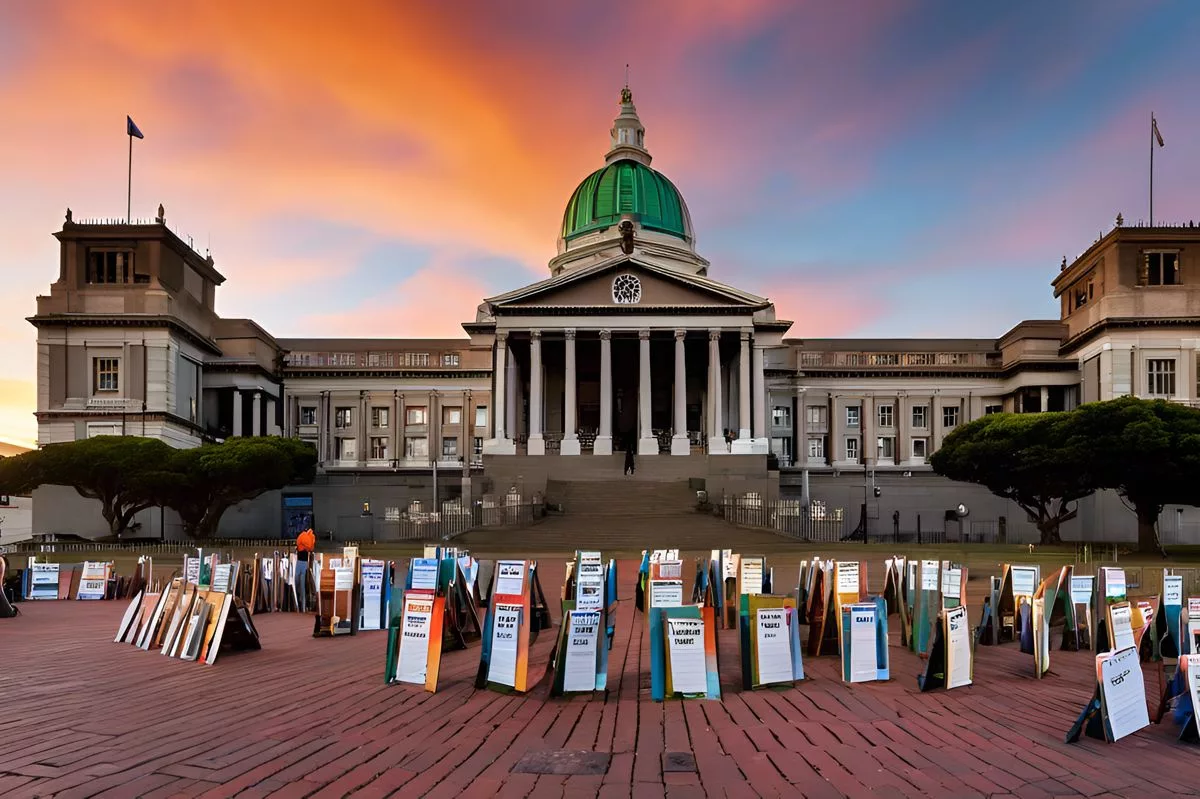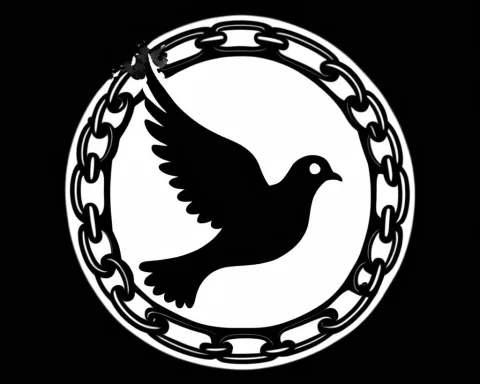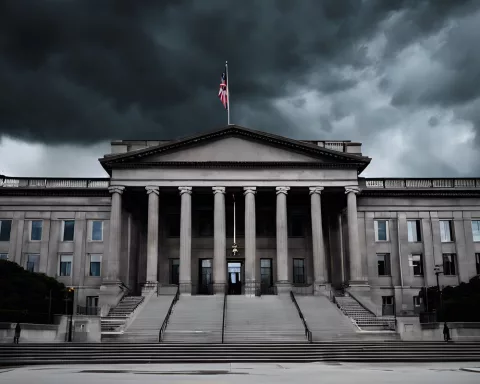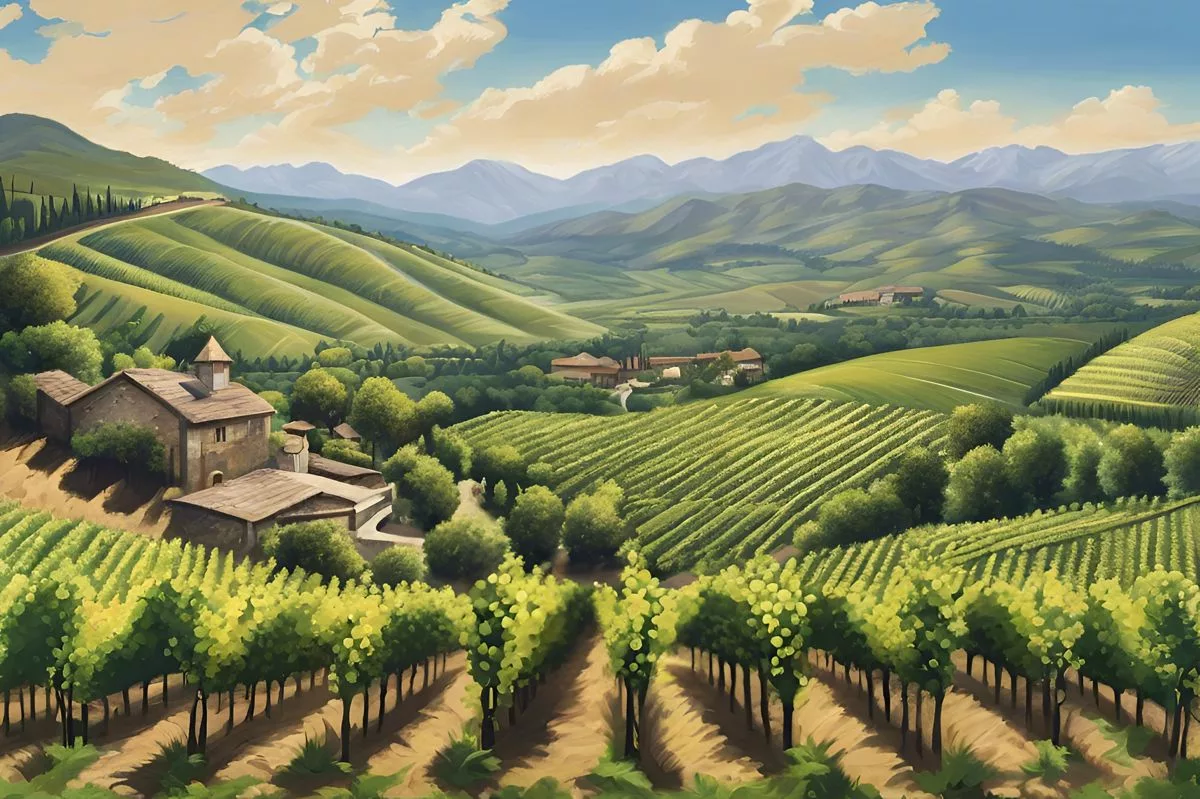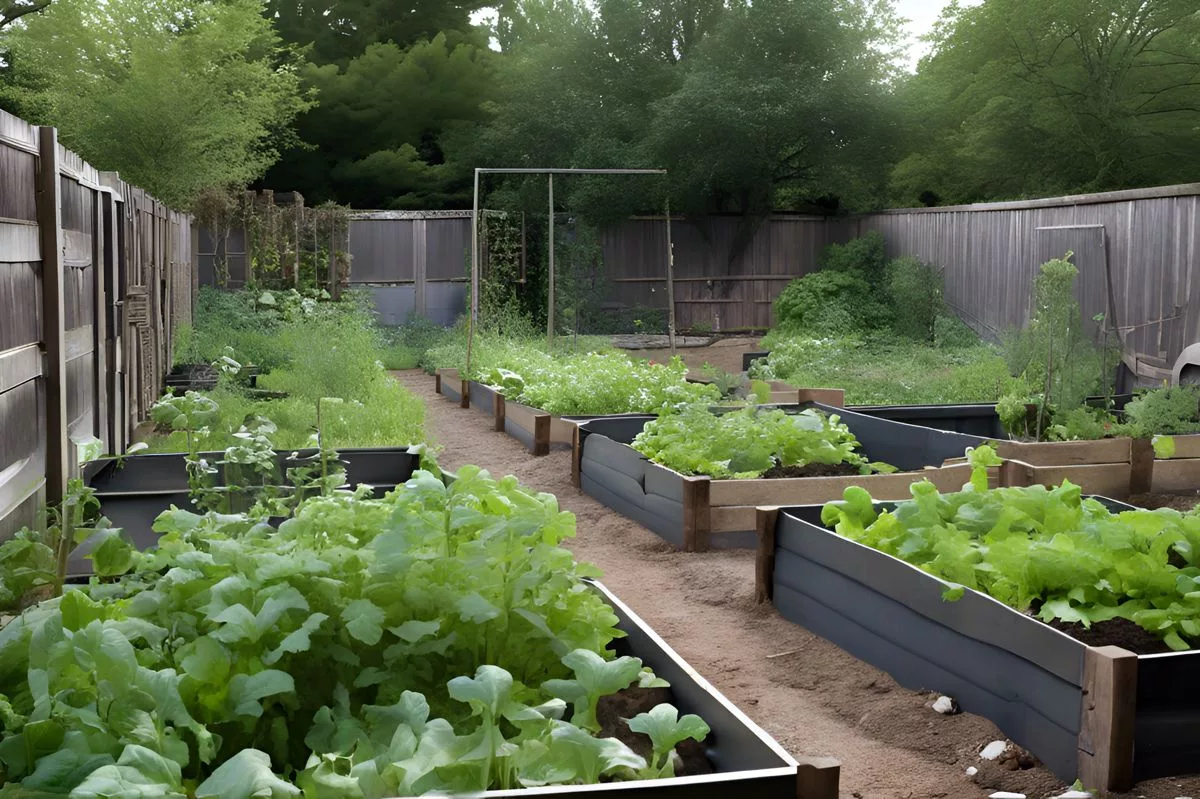In Cape Town, a vibrant crowd rallied together to protest against ties with Israel, calling for justice amid ongoing violence in Gaza. Marching under the hot sun, they carried bold signs demanding an end to apartheid practices and recognition of Zionism as a racist ideology. The demonstrators, driven by their shared history of struggle against oppression, urged South Africa to adopt the Apartheid Convention and push for a ceasefire. Their powerful messages echoed a global cry for peace, intertwining art, history, and activism to inspire change and unite people for a common cause.
Why is Cape Town protesting against ties with Israel?
Cape Town is protesting against ties with Israel to demand an end to what they describe as apartheid practices and violence in Gaza. Protesters seek legislative changes, including the adoption of the Apartheid Convention, a ceasefire, and recognition of Zionism as a racist ideology, highlighting a moral imperative for justice.
A City Unites for Justice
Amidst Cape Town’s bustling streets, a vibrant crowd gathered with a clear message: South Africa must cut its ties with Israel. The march began in the historic District Six under a blistering sun, marking nearly a year since the escalation of conflict in Gaza. Protesters, driven by a shared mission, carried signs with messages like “Don’t buy, don’t supply, and don’t play with Apartheid Israel” and “Boycott Apartheid Israel.” The demonstration highlighted the urgency and importance of the cause, drawing attention from both locals and the international community.
This protest unfolded against a dire backdrop of escalating violence that has already taken thousands of lives. Since October 2023, Israeli actions in Gaza have led to the deaths of over 41,000 Palestinians, according to reports by Al Jazeera. Meanwhile, the conflict has also spilled into Lebanon, claiming at least 2,000 lives. On the Israeli side, a Hamas attack on October 7 resulted in approximately 1,100 Israeli casualties. This cycle of violence emphasized the demonstrators’ calls for an end to bloodshed and a call for transformative international relations.
The Palestine Solidarity Campaign (PSC), the organization behind the protest, sought not only to raise awareness but to push for legislative changes within South Africa. Their primary demand was for the country to adopt the United Nations’ International Convention on the Suppression and Punishment of the Crime of Apartheid—often known as the Apartheid Convention. Originally crafted to dismantle South Africa’s own apartheid regime in 1976, this convention now serves as a global beacon for justice and human rights.
The Moral Imperative for Action
Professor Usuf Chikte from the PSC delivered a powerful statement, urging South Africa to align its actions with its international rhetoric. He pointed out the discrepancy between the nation’s global declarations and its domestic dealings with Israel. “Consistency is key,” Chikte emphasized, highlighting the need for South Africa to reflect its proclaimed values on the international stage through tangible actions.
The march also functioned as an educational platform, drawing historical parallels between past and present struggles against racial discrimination. South Africans, familiar with the legacies of apartheid and segregation, resonate deeply with the Palestinian cause. This connection extends beyond political activism, echoing a shared history of resilience against institutionalized oppression.
Among the PSC’s demands is the formal adoption of the Apartheid Bill, which would solidify South Africa’s commitment to the principles of the Apartheid Convention. They also called for an immediate ceasefire, an end to what they describe as “genocide and daily terror” against Palestinians, and the global recognition of Zionism as a racist ideology that must be outlawed. These demands underscore a broader call for justice and highlight the critical intersections between local and global movements.
A Broader Global Movement
These calls for change reverberate beyond Cape Town, resonating with a global movement that views the Israeli-Palestinian conflict through the lens of historical injustices. Invoking the term apartheid—laden with connotations of systemic racism and inequality—serves as a powerful rhetorical tool, linking past struggles with contemporary issues and rallying support from around the world.
As the march made its way toward the heart of Cape Town’s legislative precinct, participants paused for a moment of silence. This act, heavy with historical significance, embodied a collective longing for peace and justice. It transcended words, capturing the shared aspirations of those who walked together, united in their diversity by a common cause.
Cape Town’s historical significance, rich with cultural and political movements, added depth to the day’s events. District Six, once a vibrant multicultural area before the apartheid regime’s forced removals, symbolized both the pain of displacement and the enduring spirit of resistance. By choosing this historic location as their starting point, the marchers connected their protest to a legacy of struggle and defiance, deeply woven into the fabric of the city’s identity.
Art, Activism, and Historical Echoes
Reflecting on this event, it’s crucial to consider the broader historical and artistic movements shaping public consciousness. The protest echoed the spirit of anti-apartheid activism, recalling the defiance of artists and intellectuals who challenged systemic oppression with their voices. Today’s protesters follow in their footsteps, using art and narrative as tools of resistance and crafting messages that resonate beyond their immediate context.
The visual and verbal elements of the march—a vibrant mix of placards, chants, and symbolic gestures—drew from a rich tradition of protest art. This form, with roots in movements like Dadaism and Surrealism, thrives on challenging established norms and provoking thought. Through these creative expressions, the demonstrators contributed to a living archive of resistance, adding contemporary layers to a historical narrative that continues to evolve.
This march stands as a testament to the enduring power of collective action. It highlights how history, art, and activism intersect, demonstrating their potential to effect change. The protesters in Cape Town remind us that the struggle for justice transcends geographical and temporal boundaries. It is a universal quest, drawing on the past to enlighten the future and weaving a tapestry of resistance that spans time and place.
“`markdown
Frequently Asked Questions (FAQ)
Why are people in Cape Town protesting against ties with Israel?
The protest in Cape Town is primarily aimed at calling for an end to what demonstrators describe as apartheid practices and ongoing violence in Gaza. Protesters are advocating for legislative changes, including the adoption of the Apartheid Convention, a ceasefire, and recognition of Zionism as a racist ideology.
What historical context supports the protest in Cape Town?
The protest draws parallels between South Africa’s history of apartheid and the current situation in Palestine. Many South Africans resonate deeply with the Palestinian cause due to their own experiences of struggle against institutionalized oppression. The choice of District Six as the starting point symbolizes the city’s historical legacy of resistance against forced removals and racial discrimination.
What are the main demands of the protesters?
The protesters, organized by the Palestine Solidarity Campaign (PSC), have several key demands: the adoption of the Apartheid Convention, an immediate ceasefire in Gaza, the end of violence perceived as genocide against Palestinians, and the global recognition of Zionism as a racist ideology that should be outlawed.
How has the violence in Gaza influenced this protest?
The protest has been catalyzed by the ongoing violence in Gaza, which has resulted in a significant loss of life. Reports indicate that since October 2023, thousands of Palestinians have died due to Israeli actions, highlighting the urgency of the protesters’ calls for peace and justice.
In what ways does art play a role in the protest?
Art is a vital component of the protest, serving as a medium for expressing resistance and solidarity. The vibrant mix of placards, chants, and visual symbols reflects a long tradition of protest art, which challenges systemic oppression and provokes public thought. This artistic expression helps to connect historical struggles with contemporary activism, enriching the protest’s message.
How does the protest in Cape Town fit into a larger global movement?
The protest is part of a broader international movement advocating for Palestinian rights and justice, drawing on historical injustices and systemic inequalities. By invoking the term “apartheid,” protesters aim to link their cause with global struggles against racism and oppression, promoting solidarity and awareness worldwide.
“`

